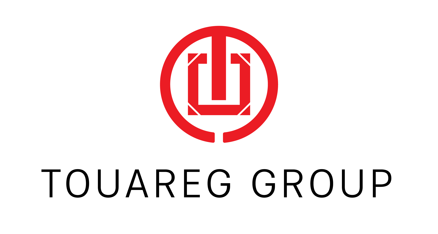


Launched in 1972 by FTSE Russell, the Russell 2000 Index comprises a selection of U.S. companies ranked from 1001 to 3000 by market capitalization. These small-cap companies, while less familiar than their larger counterparts in the S&P 500, provide exposure to a diverse range of industries—including finance, healthcare, technology, and consumer goods—offering remarkable growth potential.
The Russell 2000 isn’t just a list of small companies; it’s a window into the innovative, high-growth segment of the U.S. economy. These nimble businesses often adapt swiftly to market changes, especially during economic recoveries. Although their total market cap is only a fraction of the S&P 500, their agility and growth prospects can significantly impact investment portfolios.
• 2001 Dot-Com Crash: In response to multiple interest rate cuts by the Federal Reserve, the Russell 2000 demonstrated resilience, ultimately outperforming larger indices despite initial volatility.
• 2007-2008 Financial Crisis: While small caps initially suffered, aggressive Fed rate cuts allowed them to rebound quickly, leading the charge as markets stabilized.
• 2019 Economic Slowdowns: Once again, the Russell 2000 showcased its strength, surging in the wake of the Fed’s rate cuts amid global economic uncertainties.
Historically, small companies, often reliant on bank loans, tend to respond more dramatically to interest rate changes. As a result, they frequently emerge as bigger winners when rates decline.
While small caps present impressive growth opportunities, they are also more susceptible to economic fluctuations. During downturns or shifts in investor sentiment, these stocks can experience sharper declines. Thus, while the potential rewards are substantial, the accompanying risks are equally significant.
The Russell 2000 has historically yielded strong returns in low-rate environments. From 1975 to 1983, for instance, small-cap stocks significantly outperformed large-cap peers. This suggests that, given the right macroeconomic conditions, small caps can deliver substantial rewards.
Currently, after a period dominated by large-cap tech stocks during the AI boom of 2022, small caps have lagged behind, creating a compelling opportunity. Historically, when large caps soar, small caps often catch up, suggesting a potential shift of funds towards these smaller companies, particularly those with robust earnings flexibility.
Investing in individual small-cap stocks carries inherent risks, but there are simpler ways to gain exposure. Exchange-Traded Funds (ETFs) provide an excellent avenue for this. For example, IWM, the ETF that tracks the Russell 2000, enables you to invest in the entire index with just one trade. Through Touareg Group, you can start investing in IWM with as little as $1, and even set up automatic investments on a daily, weekly, bi-weekly, or monthly basis to capitalize on dollar-cost averaging and mitigate market volatility.
• Vanguard Small-Cap ETF (VB): Tracking the CRSP US Small Cap Index, VB encompasses 1,402 stocks, with its largest sectors being industrials, financials, and consumer discretionary. With a median market cap of $7.5 billion and an expense ratio of just 0.05%, VB is a cost-effective option for passive investors.
• Dimensional U.S. Small-Cap Value ETF (DFSV): Using quantitative rules to select small-cap value stocks, DFSV has consistently performed well, boasting an annualized return of 9.08% over the last decade, outperforming its benchmark. Its expense ratio of 0.31% makes it an attractive choice for value-oriented investors.

This content is for informational purposes only and should not be construed as financial advice. Investment involves risks, including potential loss of principal. Prices of investment instruments may fluctuate, and past performance does not guarantee future results. Always consult with a financial advisor before making investment decisions.
At Touareg Group, we strive to empower investors with the knowledge and tools needed to navigate the complexities of the financial landscape.
Other News

